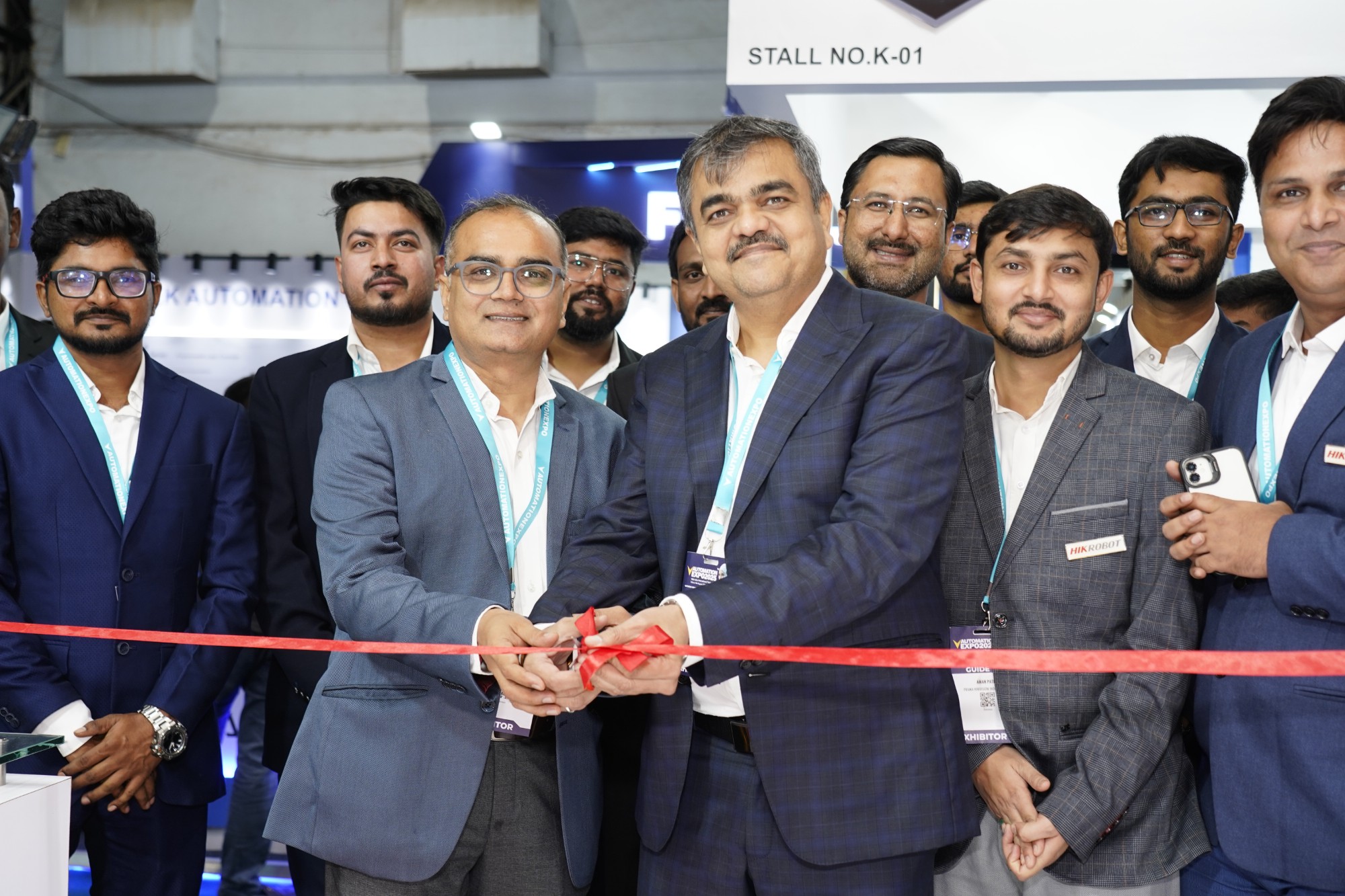Opportunities galore for SME manufacturing with cobots
By Staff Report July 31, 2024 5:45 pm IST
Gaurav Bawa, Senior Vice President of WIKA India, says robots and advanced technologies like AI and IoT in SME manufacturing processes offer numerous benefits, including improved efficiency, safety, and productivity. However, implementing these technologies also presents challenges, such as data management, security risks, and the need for workplace safety.
How does automation contribute to increasing manufacturing efficiency?
Manufacturing increases with the increased usage of automation by enhancing productivity from speed, nonstop machinery, and little to no breakdowns. It creates high-quality products due to straight and accurate sharpness and constant checking of the quality. Automation allows WIKA India to advance its manufacturing potential, which provides advantages like improving productivity, maintaining quality, and fast production. They benefit from experience and knowledge, tightening day-to-day procedures and delivering quality. It ultimately strengthens their companies’ positions in the market. Such a shift goes hand in hand with the competitiveness of the market. It has become the new level of manufacturing.
What are the benefits of using automation and cobots in production lines?
Production lines are a fundamental structure of today’s manufacturing. It allows for customisation to adapt to market changes and improve safety. It improves organisation by interconnecting systems and can expand to accommodate increasing needs. It leads to higher quality, consumer satisfaction, and business growth.
Robots and cobots have altered production processes to be efficient and of higher quality. Technologies take away monotonous and repetitive tasks, thus leaving human personnel to concentrate on analytical functions. Finally, cobots are designed to work with people and are considered safe and efficient.
What advantages can cobots offer SMEs in industrial processes?
Industrial processes use machinery and frequency to control and maintain proper efficiency. The use of cooperative robots in SMEs offers the following advantages: Cobots have low costs, so SMEs can afford automation technologies, unlike industrial robots. They are not very complex in their use and do not demand rigorous training, which lowers the bar of information grasp and the arrival of implementation.
This reliability enables human labourers to concentrate on higher-value activities such as problem-solving, development and inspection. Also, Cobots increase safety as they undertake dangerous chores, thus minimising the amount of physical pressure and maximum fatigue for people workers. The possibility of Cobots creates a cooperative environment for humans and robots to work jointly and securely, thus improving the checking mechanisms and operational productivity.

What challenges might companies face when implementing AI and IoT in their production processes?
The use of AI and IoT in manufacturing and production delivers value. Nonetheless, the processes entail problems. Collecting, cleaning, and creating structured big data from IoT devices is a challenge, which is paramount for the AL algorithms to work efficiently. Security is critical since IoT-connected devices increase the threat plane that may interrupt production and jeopardise data. Adapting technologies can be quite challenging and financially demanding. The lack of competent AI and IoT specialists is a major challenge, which creates barriers to the application and operation.
How do cobots improve safety and ergonomics for workers in manufacturing settings?
Collaborative robots are the new safety and healthcare-enhancing technologies on the industrial floors. They lessen the possibilities of onsite musculoskeletal discomforts and mishaps since they absorb regularly monotonous, strenuous, and complex tasks. Robots’ capability to collaborate with human beings enables them to avoid radiation with the human labour force and consequently develop a protected setting for operating. Cobots help enhance ergonomics since they take heavy loads and work at uncomfortable angles to put less stress on the worker. Ultimately, it increases the morale and efficiency of employees since their needs are fully taken care of by their employers.
Cookie Consent
We use cookies to personalize your experience. By continuing to visit this website you agree to our Terms & Conditions, Privacy Policy and Cookie Policy.
















